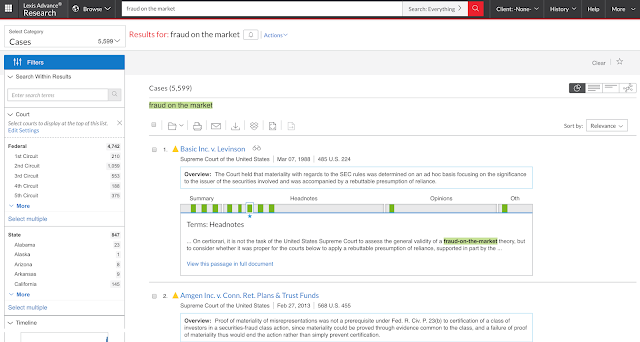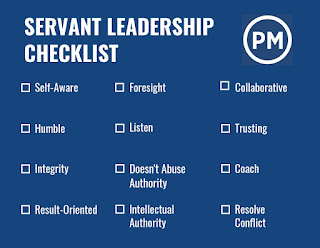Ravel View for Lexis Advance Visually Showcases Case Data for Faster Searching

Context : Daniel Lewis was just in his second year at Stanford Law School when he had an idea for a different way to do legal research. His idea was to display search results visually, along a cluster map that shows the relationships among cases and their relative importance to each other. Shortly after he graduated in 2012, he and classmate Nicholas Reed had launched the legal research platform derived from his idea, Ravel Law. Last June, five years after its founding, Ravel was acquired by legal research giant LexisNexis. Ravel View for Lexis Advance is here! In the latest iteration of Lexis's push to sift through massive amounts of data and provide meaningful results, Ravel View provides additional metrics and a visual, data-driven view for legal research results. The programmers' constant tweaking of Lexis Advance to aid users is wonderful, but Ravel View showcases a truly innovative step in legal research visualization that meets users where they are likely to look.

